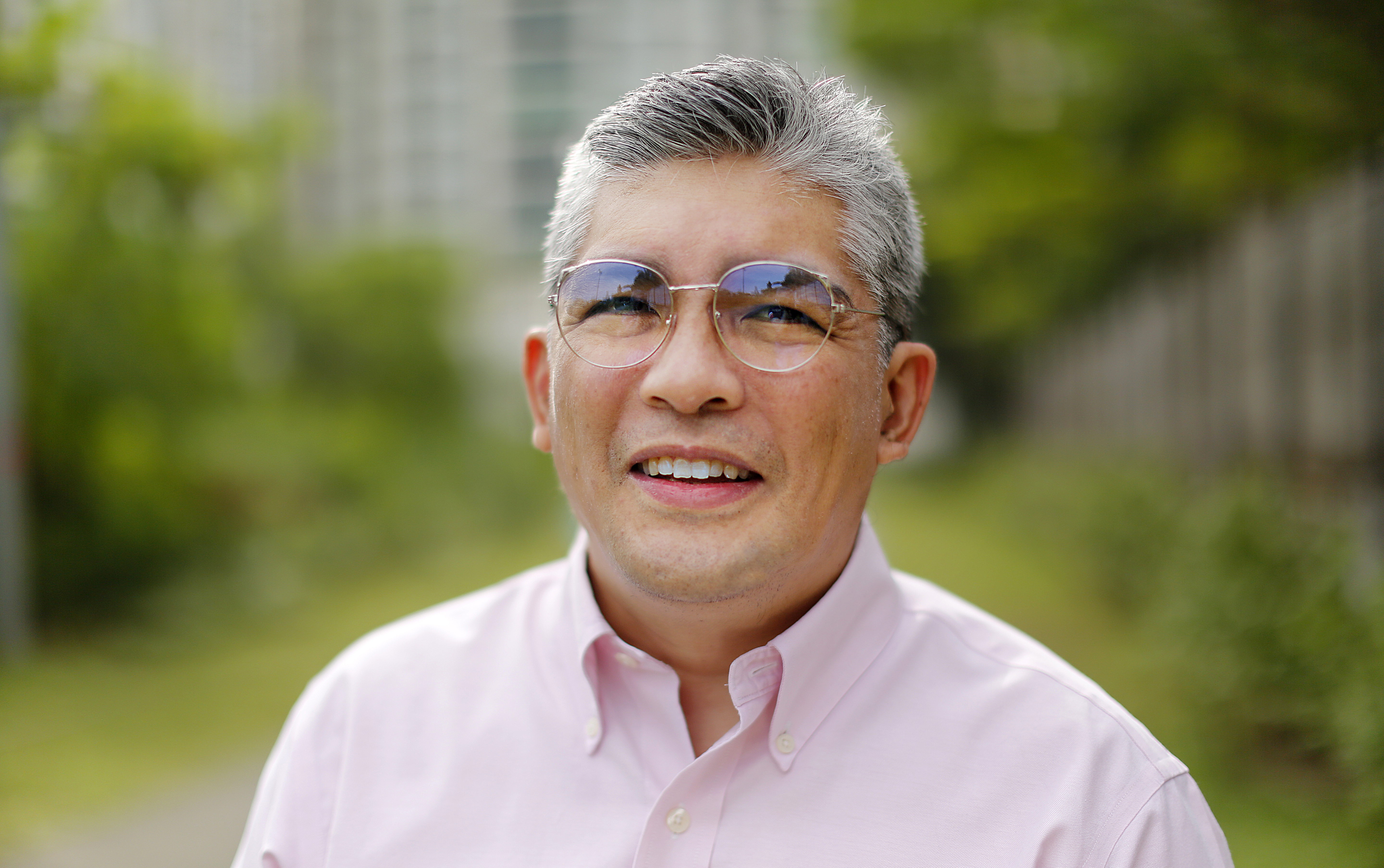OFF THE BEATEN PATH

(Off the Beaten Path takes a short break this week to give way to Marivic Larrazabal, as she talks about influencers and what could be an influencer-driven elections.)
The 2025 elections will be fought on your feed. Can you tell who’s telling the truth?
The 2025 elections will not be decided by debates or campaign rallies. They will be won on TikTok, Instagram, and Facebook, where candidates, influencers, and content creators fight for attention one swipe, like, and share at a time.
Nearly two-thirds of the country’s 69.6 million voters are millennials and Gen Zs, digital natives who get their news from social media instead of traditional outlets. Political campaigns know this. They are flooding platforms with sponsored posts, viral soundbites, and influencer partnerships to sway opinions before election day.
The strategy works. After the last US elections, analysts found that one in five Americans now gets political news from influencers rather than journalists. In the Philippines, the lines are even blurrier. Celebrities endorse candidates while self-proclaimed “newsfluencers” simplify complex issues into bite-sized videos designed for quick consumption.
The result is a digital battleground where truth, opinion, and propaganda collide. In an environment where clicks matter more than credibility, one question remains. Who do we trust?
The rise of influencer politics
Social media is no longer just for connecting with friends. It has become the primary stage for political campaigns. In the Philippines, where millions spend hours daily on social platforms, a viral post can reach more people than any primetime news segment.
Facebook remains the country’s most-used platform for political conversations. TikTok, however, is rapidly changing the game. Quick, attention-grabbing videos now dominate timelines, outperforming traditional content. Candidates no longer rely solely on press conferences. They bank on influencers who can package political narratives into catchy, shareable content.
This shift has transformed influencers into power brokers. The most effective ones are not always experts or journalists but content creators who speak the language of their followers. Their success hinges on authenticity, or at least the appearance of it.
Authentic or engineered?
Voters crave voices that reflect their frustrations and hopes. In the last election cycle, grassroots creators amplified local issues until they trended nationwide. TikTok users called out broken promises through sarcastic skits. Underfunded candidates found new audiences without spending millions on ads.
But authenticity can be manufactured. Well-funded campaigns now script “relatable” content, masking political agendas as personal opinions. Influencers, some knowingly and others unknowingly, become mouthpieces for well-crafted narratives. The result is an endless stream of posts that blur the line between organic support and paid promotion.
Likes and shares have become political currency. Engagement now matters more than accuracy. The most compelling message can get buried if it lacks an influencer’s stamp of approval.
The new rules of engagement
Social media has changed how voters engage with politics. It is no longer enough for a candidate to present sound policies. They must spark conversations, trigger reactions, and stay visible in an endless scroll of content. Influencer-led campaigns now drive more engagement than official news reports or press releases.
The Philippines, known for its social media savviness, reflects this shift. Campaigns are prioritizing partnerships with content creators who can turn complex ideas into digestible posts. The underdog’s voice can now reshape narratives, while even the most thoughtful proposals risk being ignored if they fail to capture attention.
This transformation comes with risks. The boundary between fact and fiction is increasingly difficult to navigate. Without critical thinking, voters can mistake well-produced content for truth.
Truth or trend?
In the chaos of social media, truth often gets lost beneath viral soundbites and influencer-driven narratives. But it exists — raw, authentic, and easily overlooked in the rush to grab attention.
For voters, the real challenge is cutting through the noise. Elections should not be won by the most viral campaign but by the most credible leadership. Without critical thinking, the algorithm chooses for us, not our judgment.
The stakes go beyond likes and shares. What matters is whether the voices shaping our choices are built on facts or designed to manipulate them. Because in the end, it is not just votes that are up for grabs. It is trust.